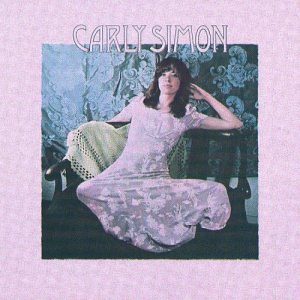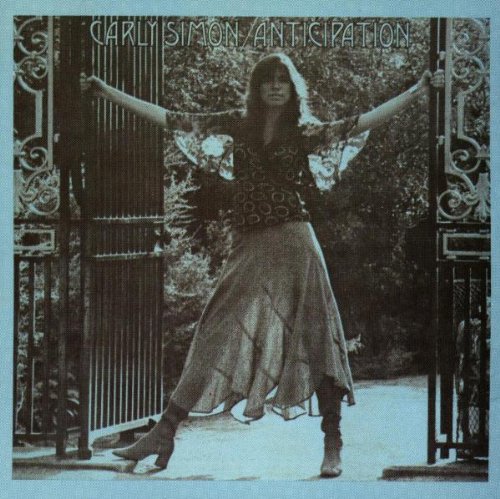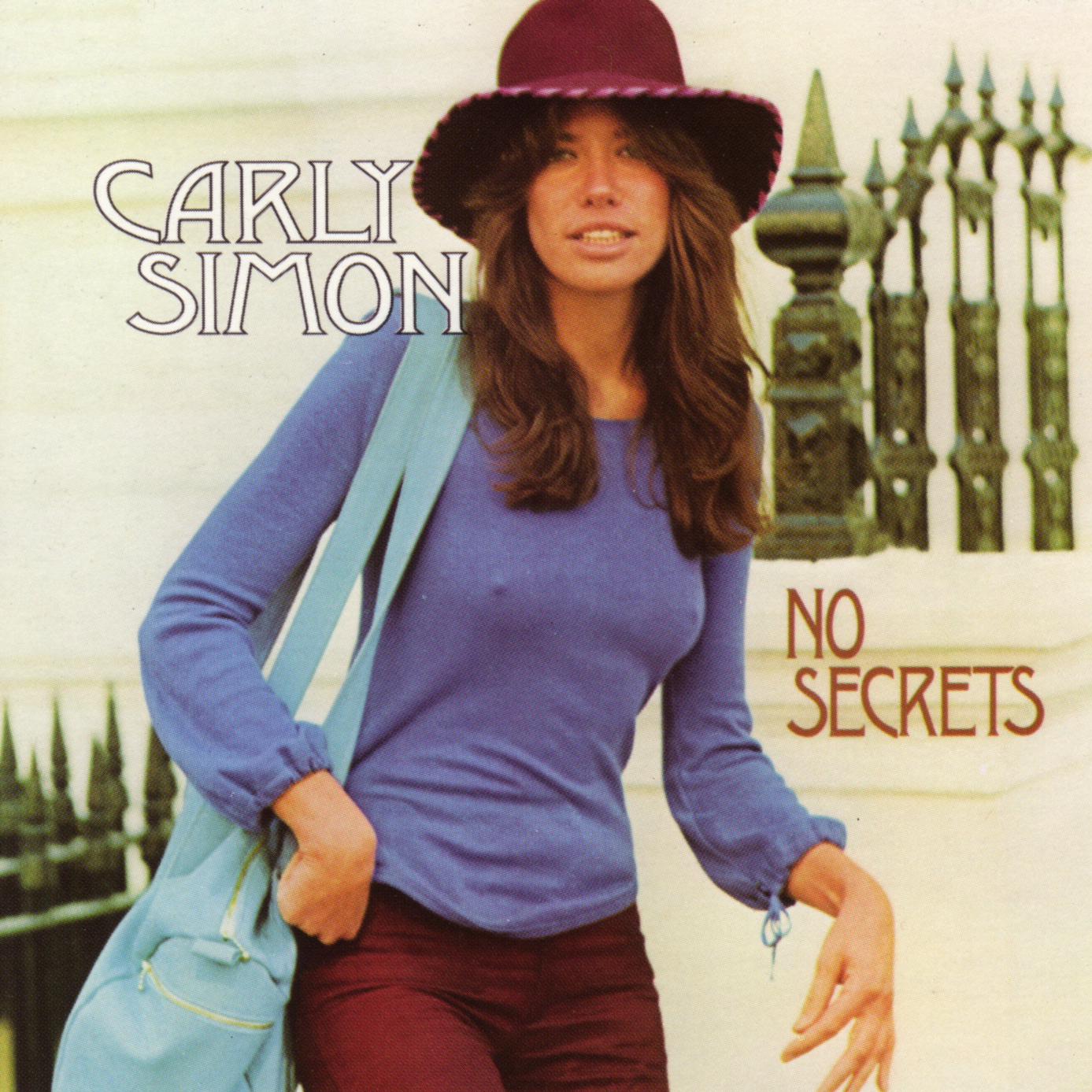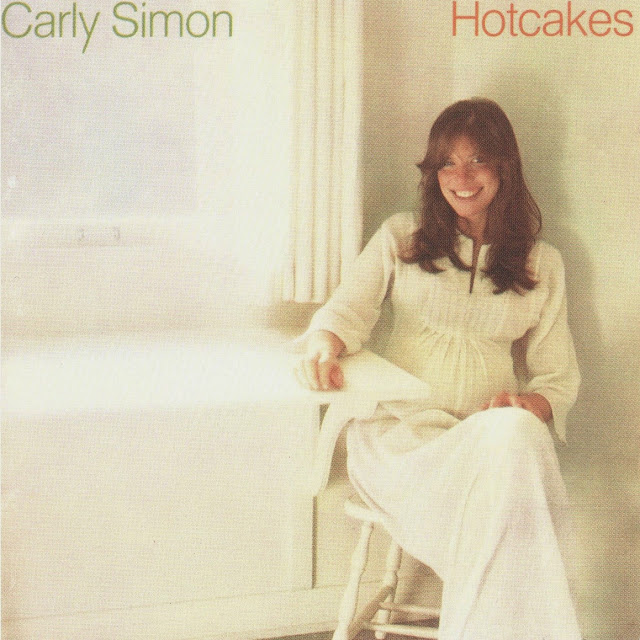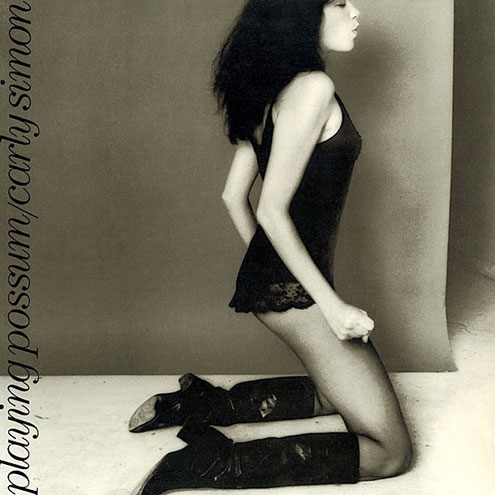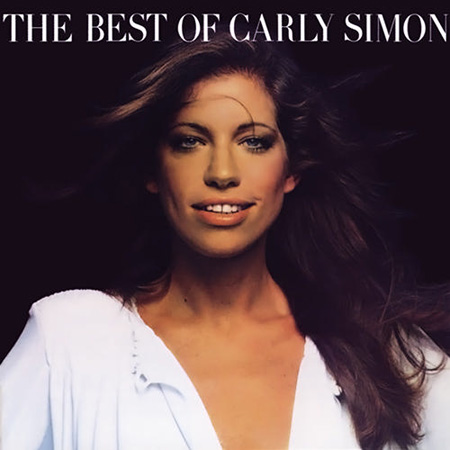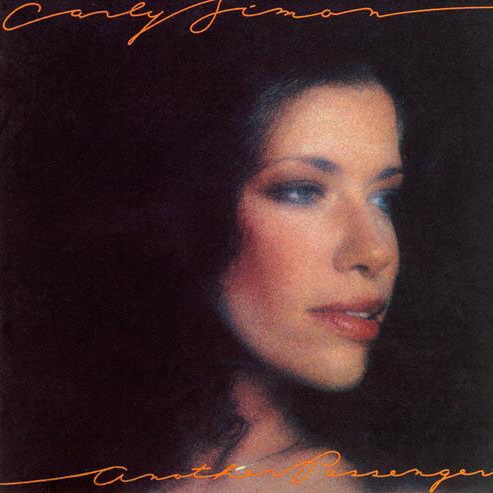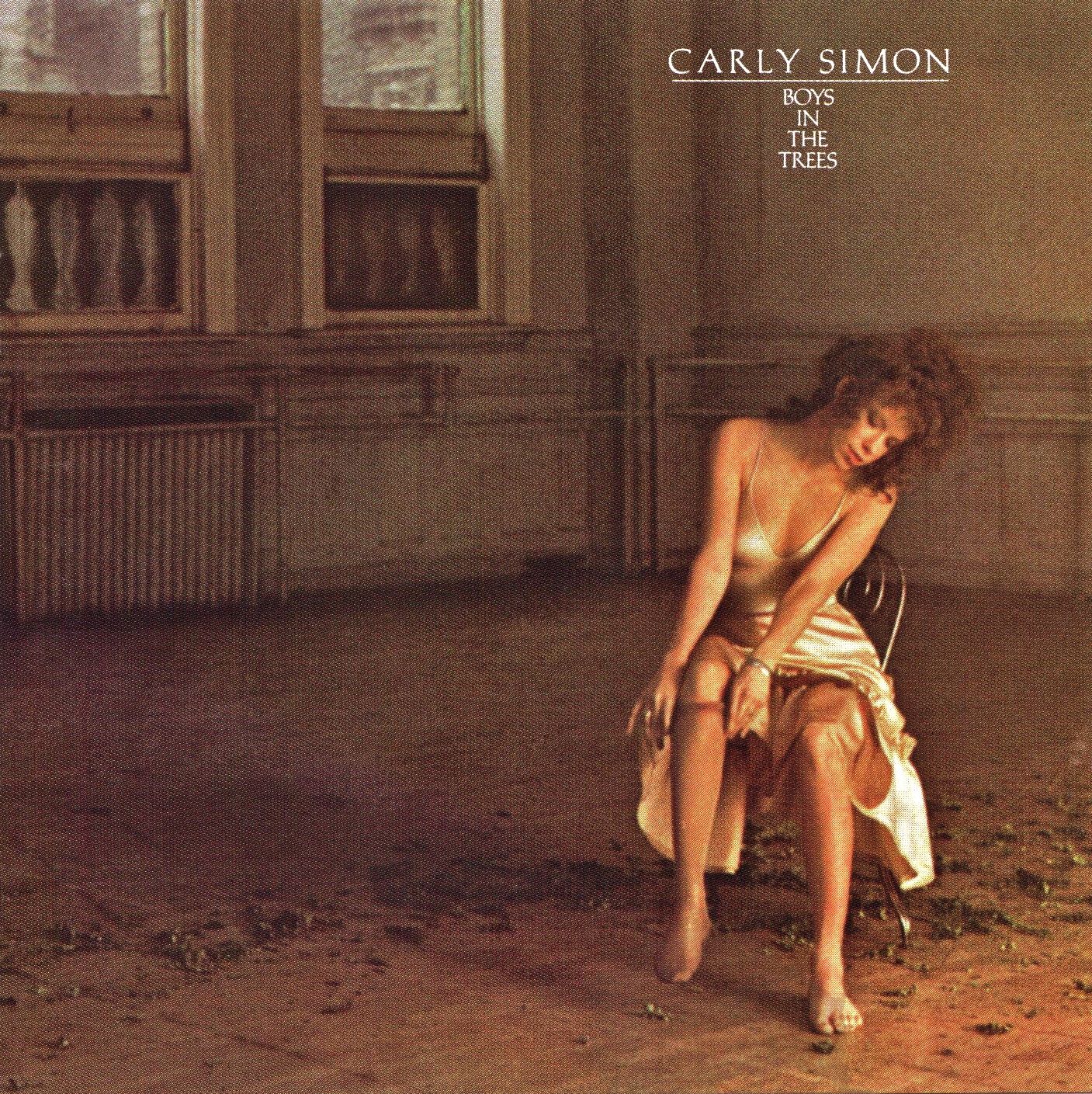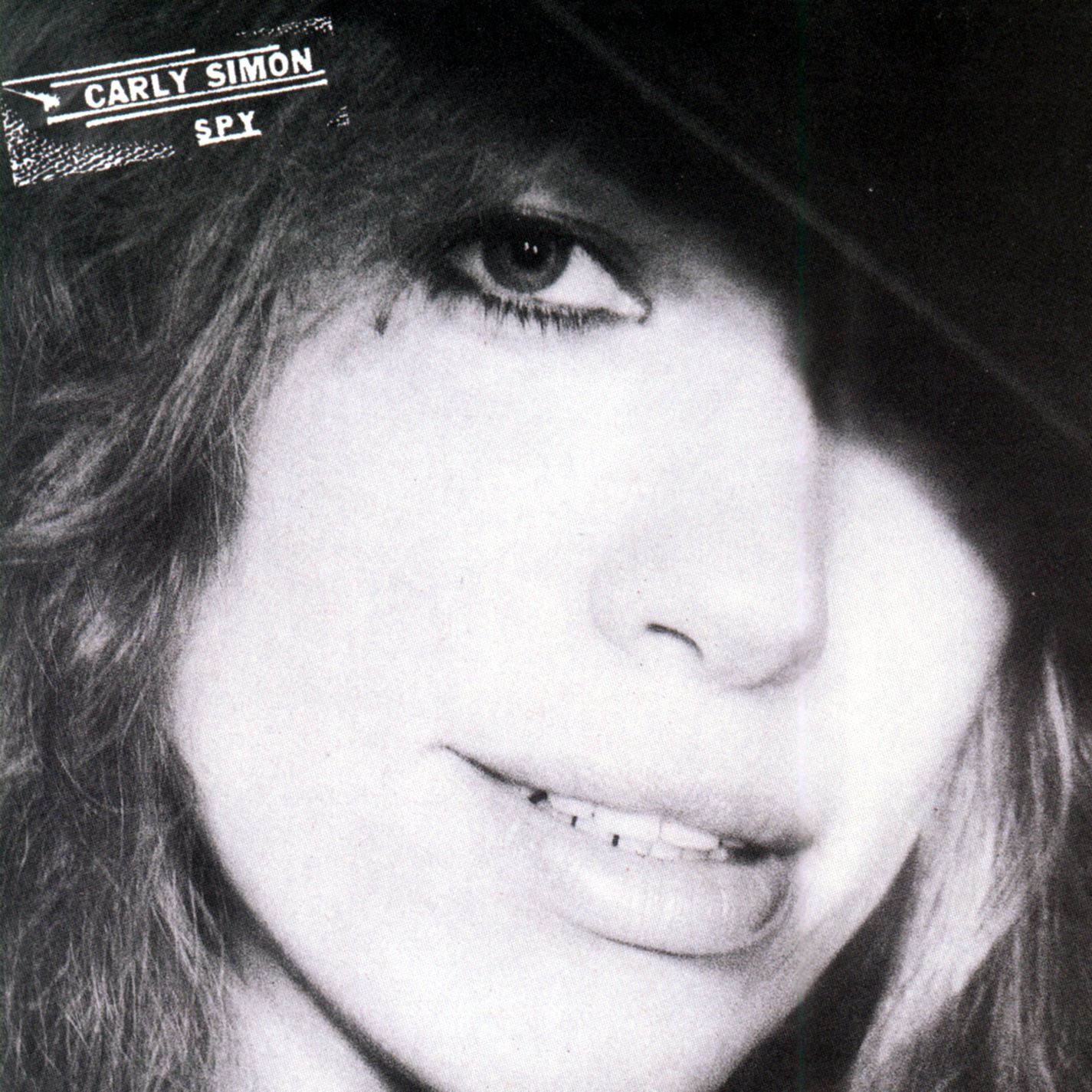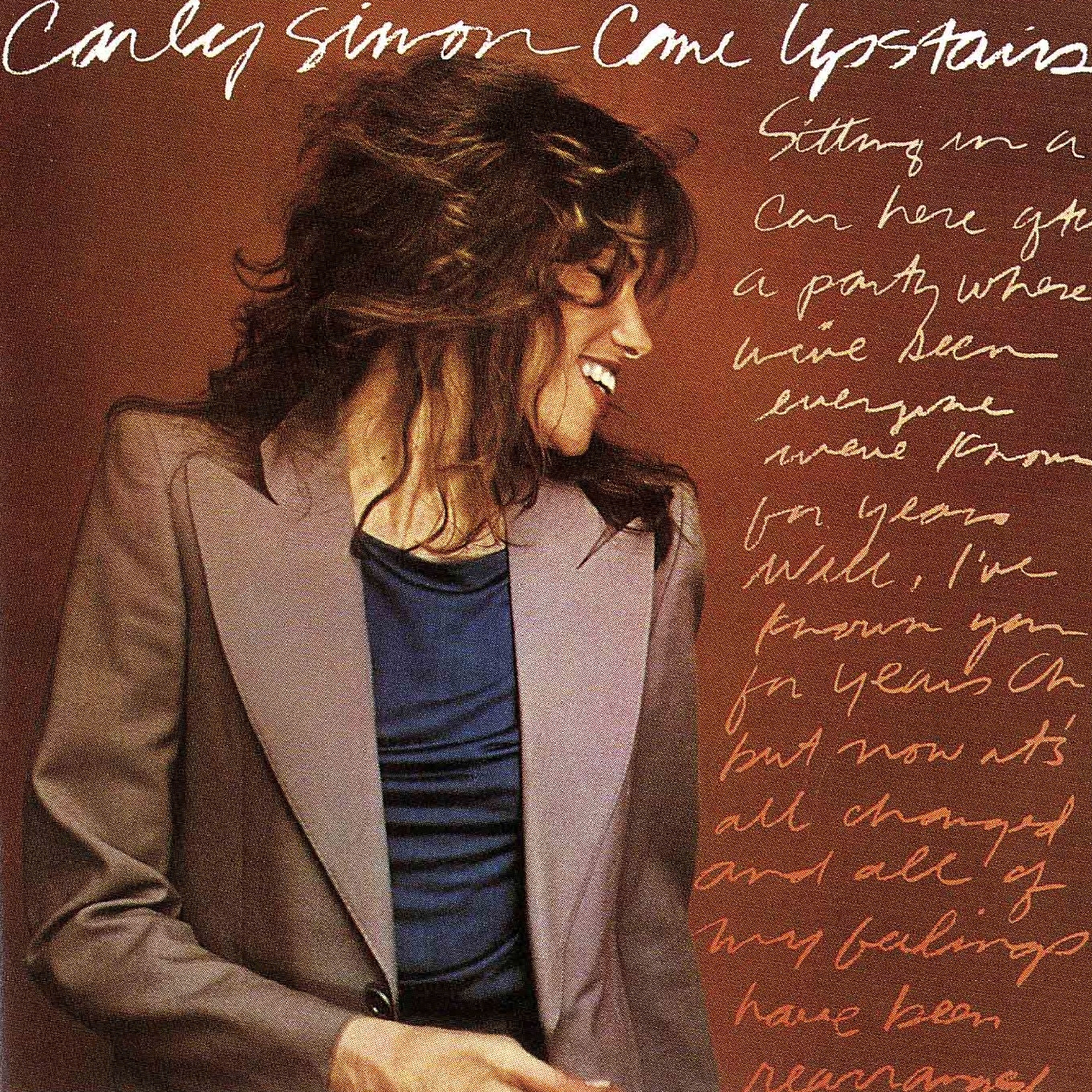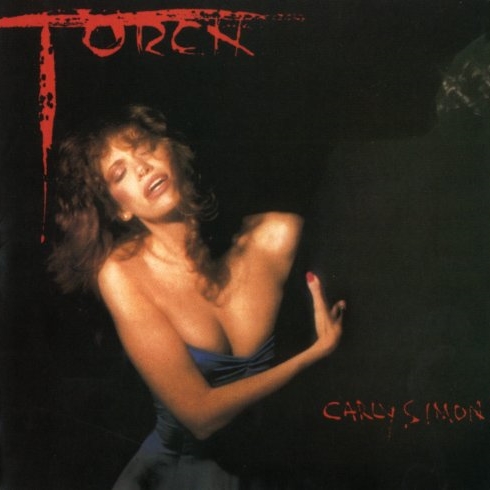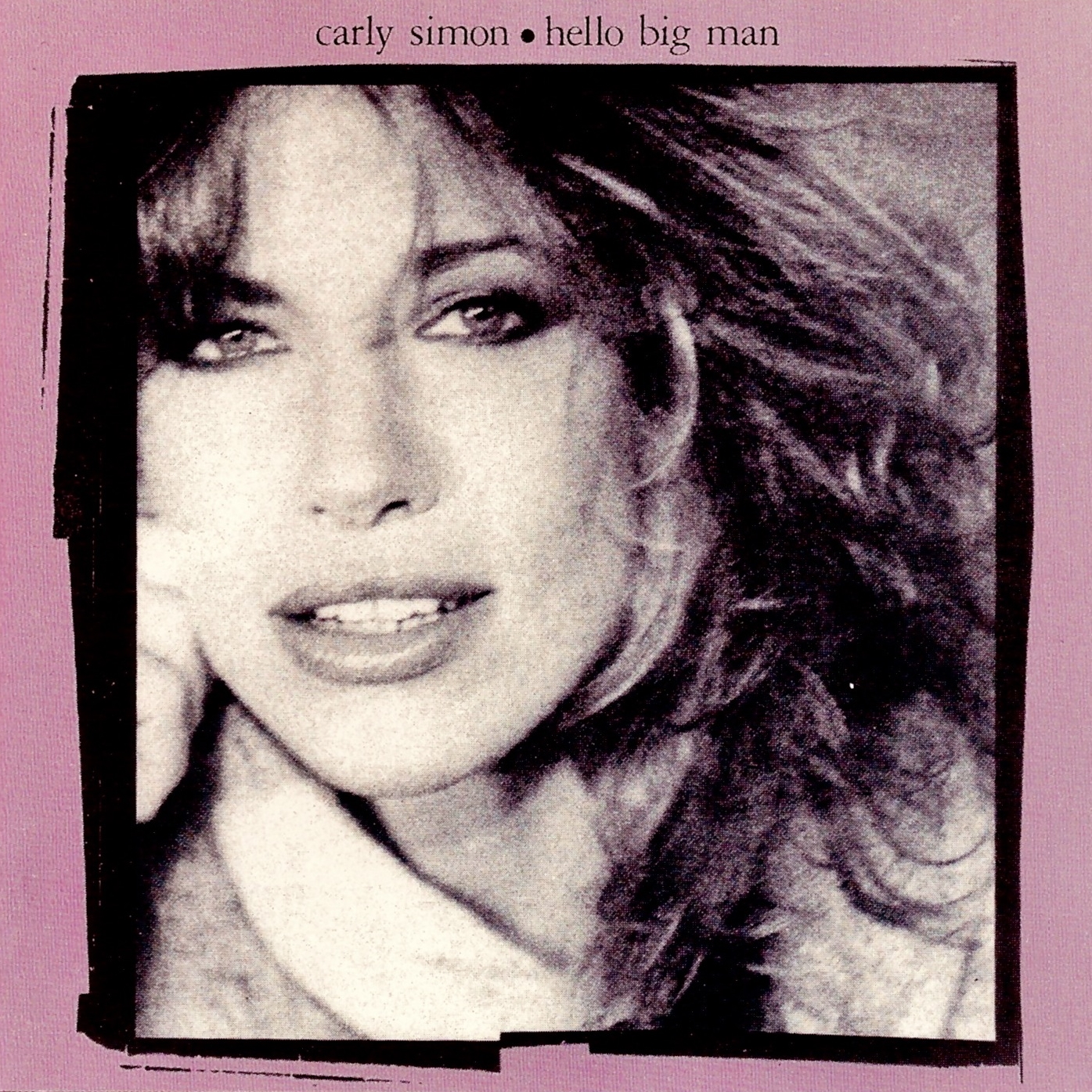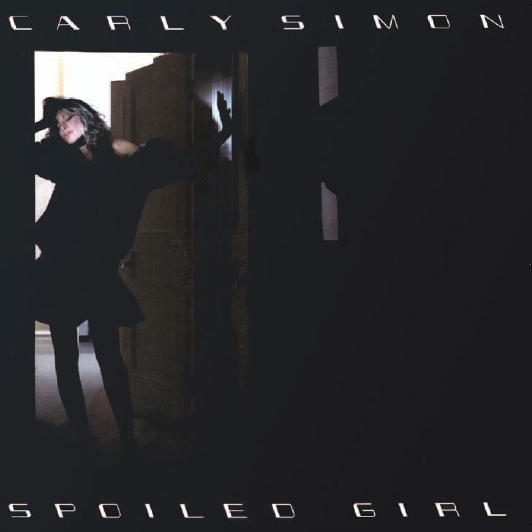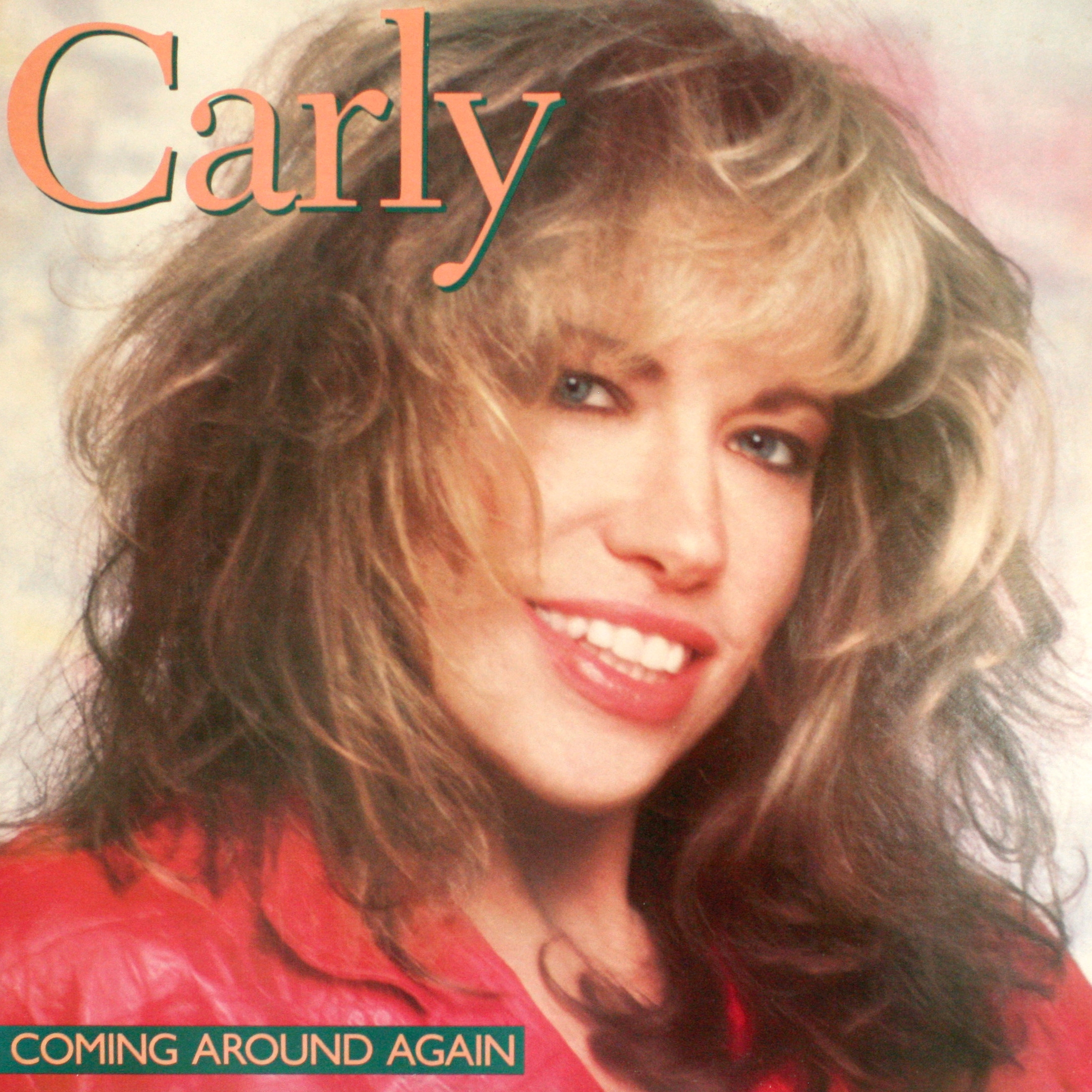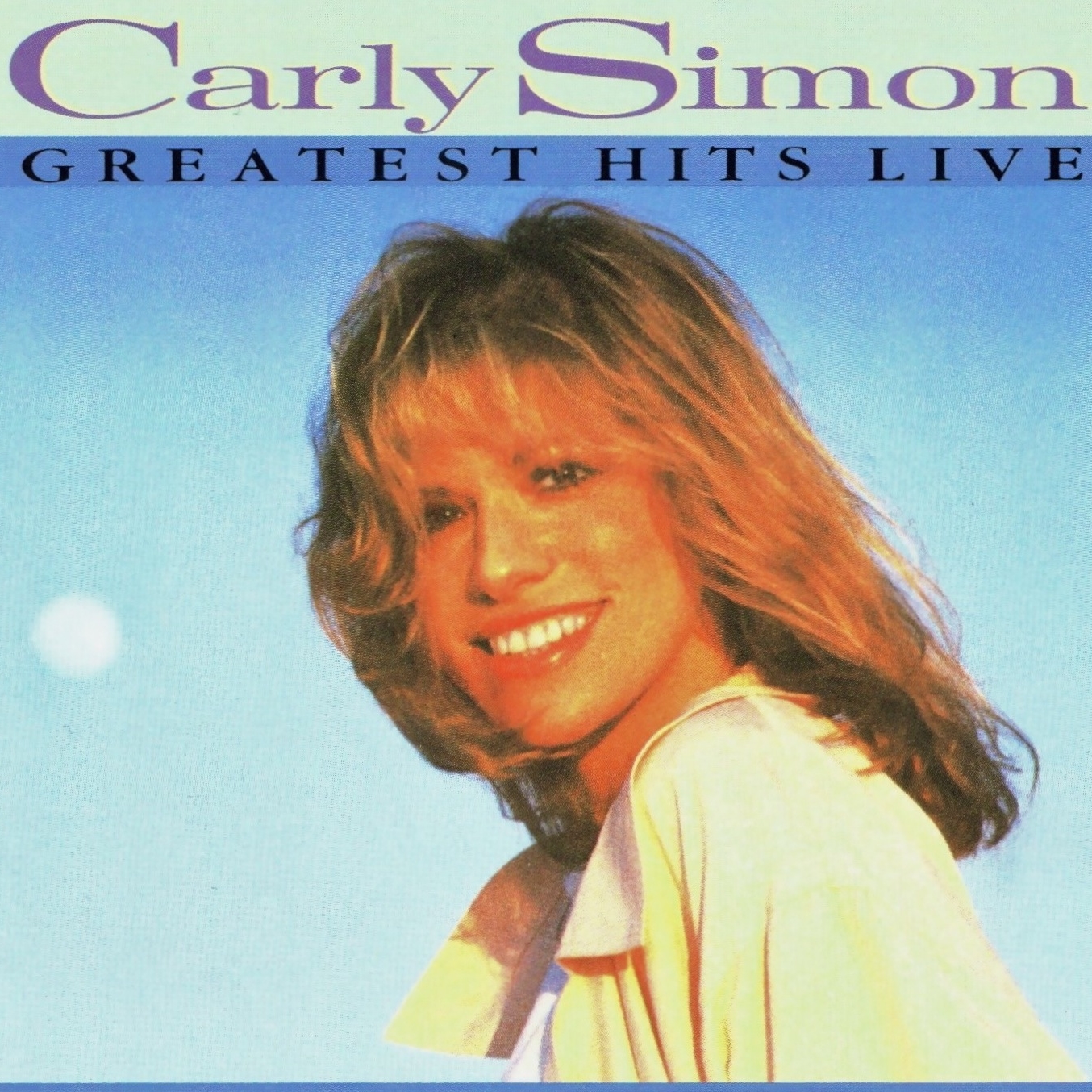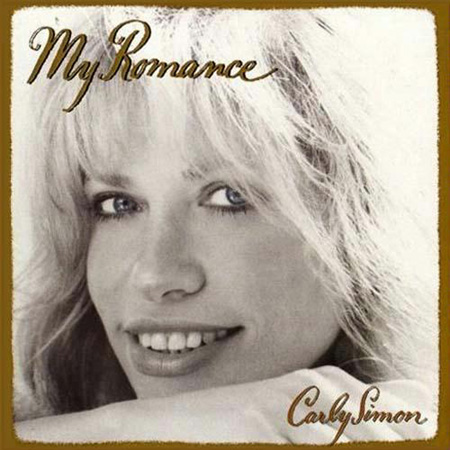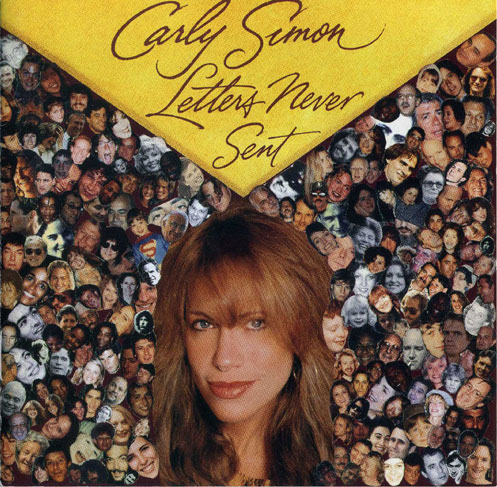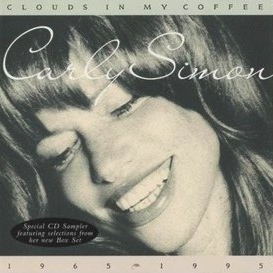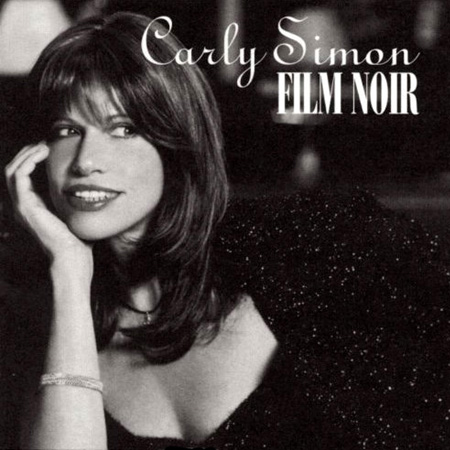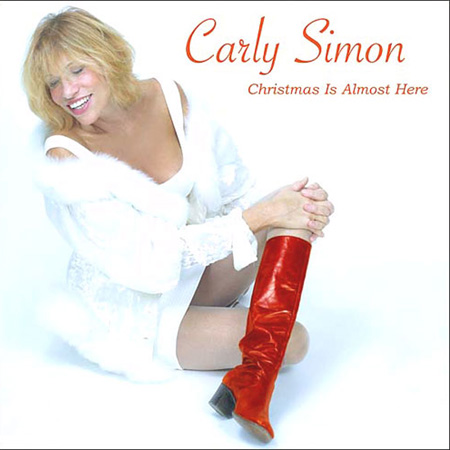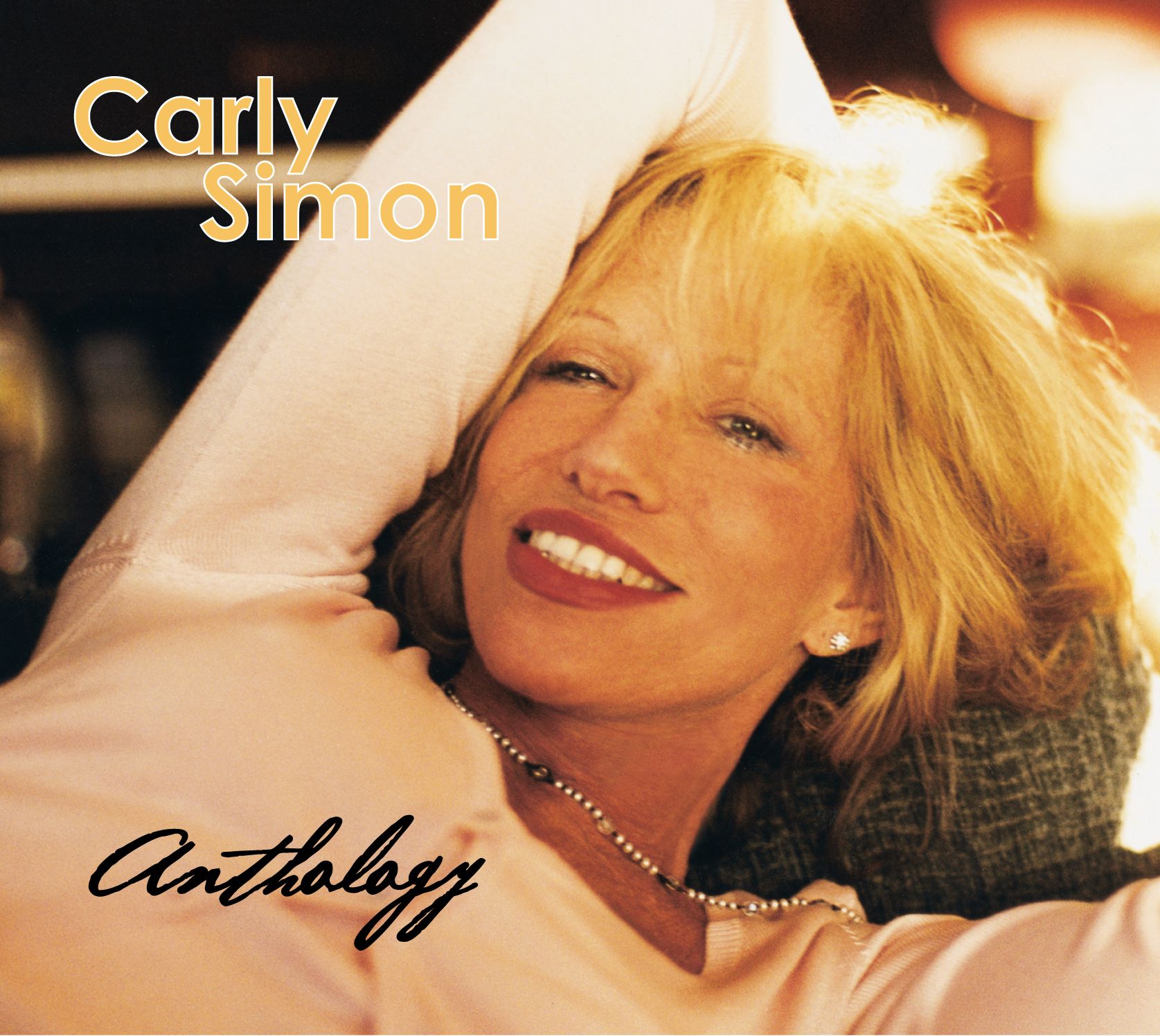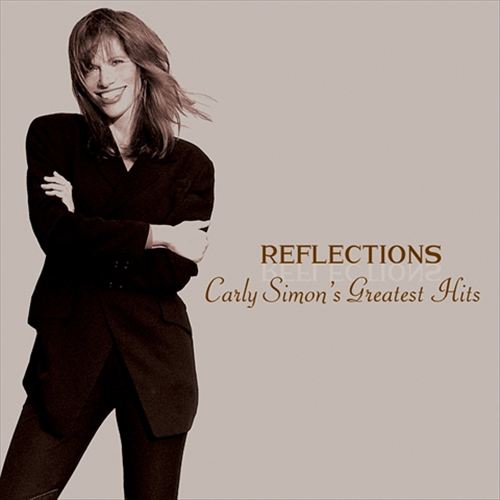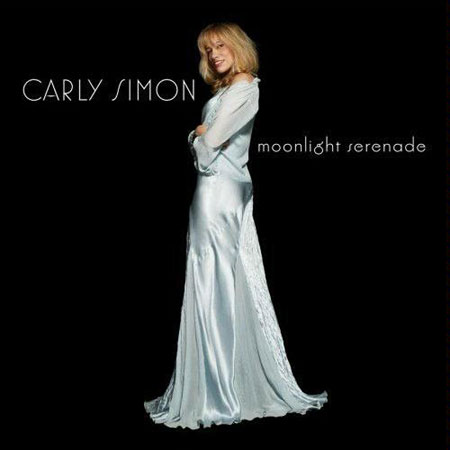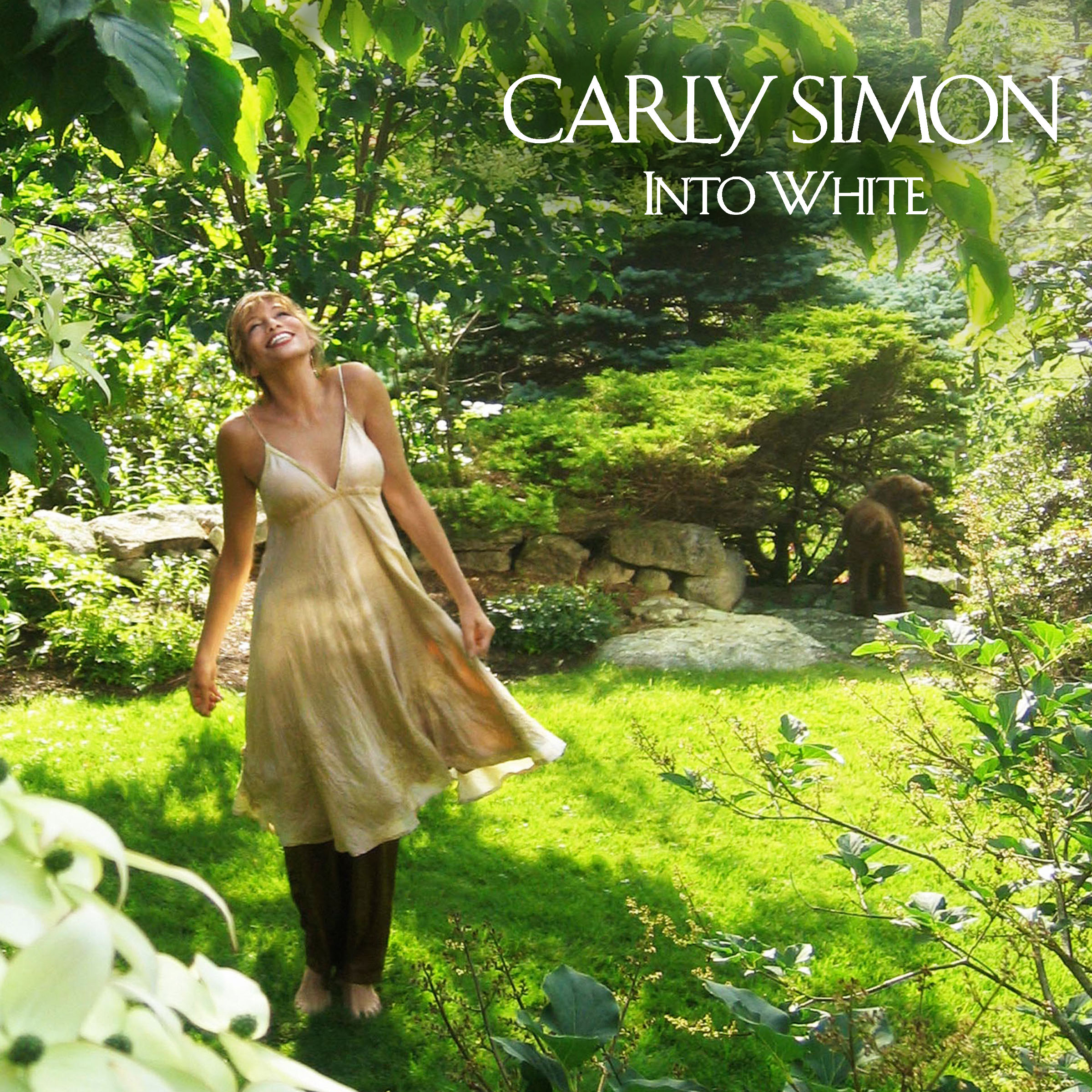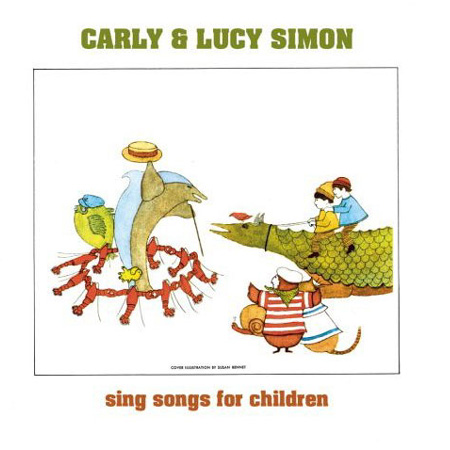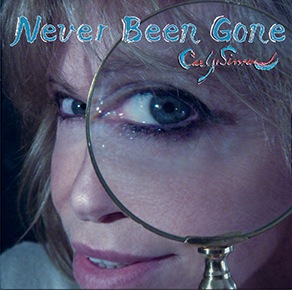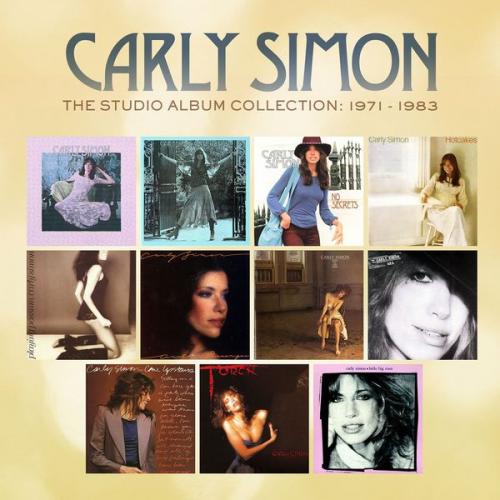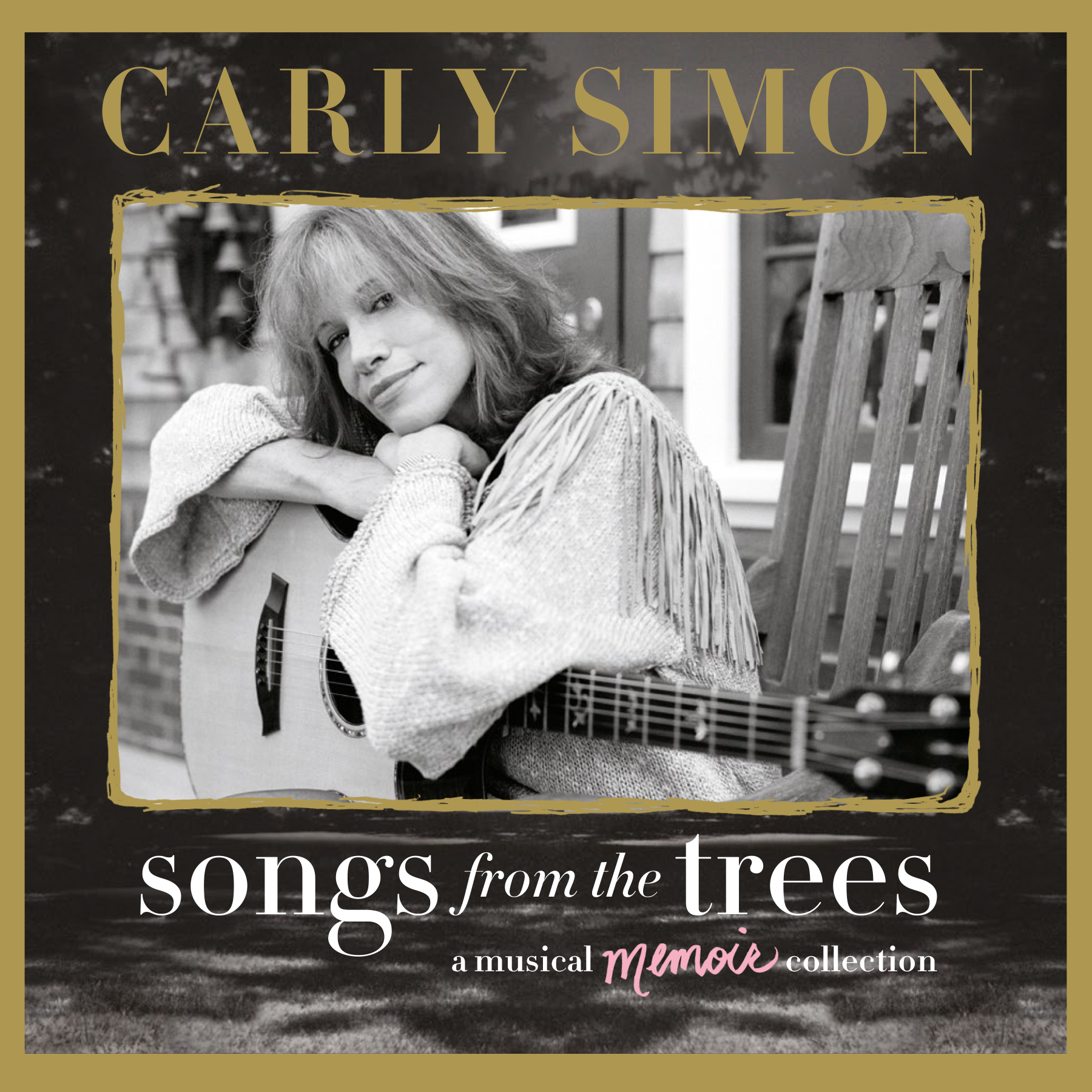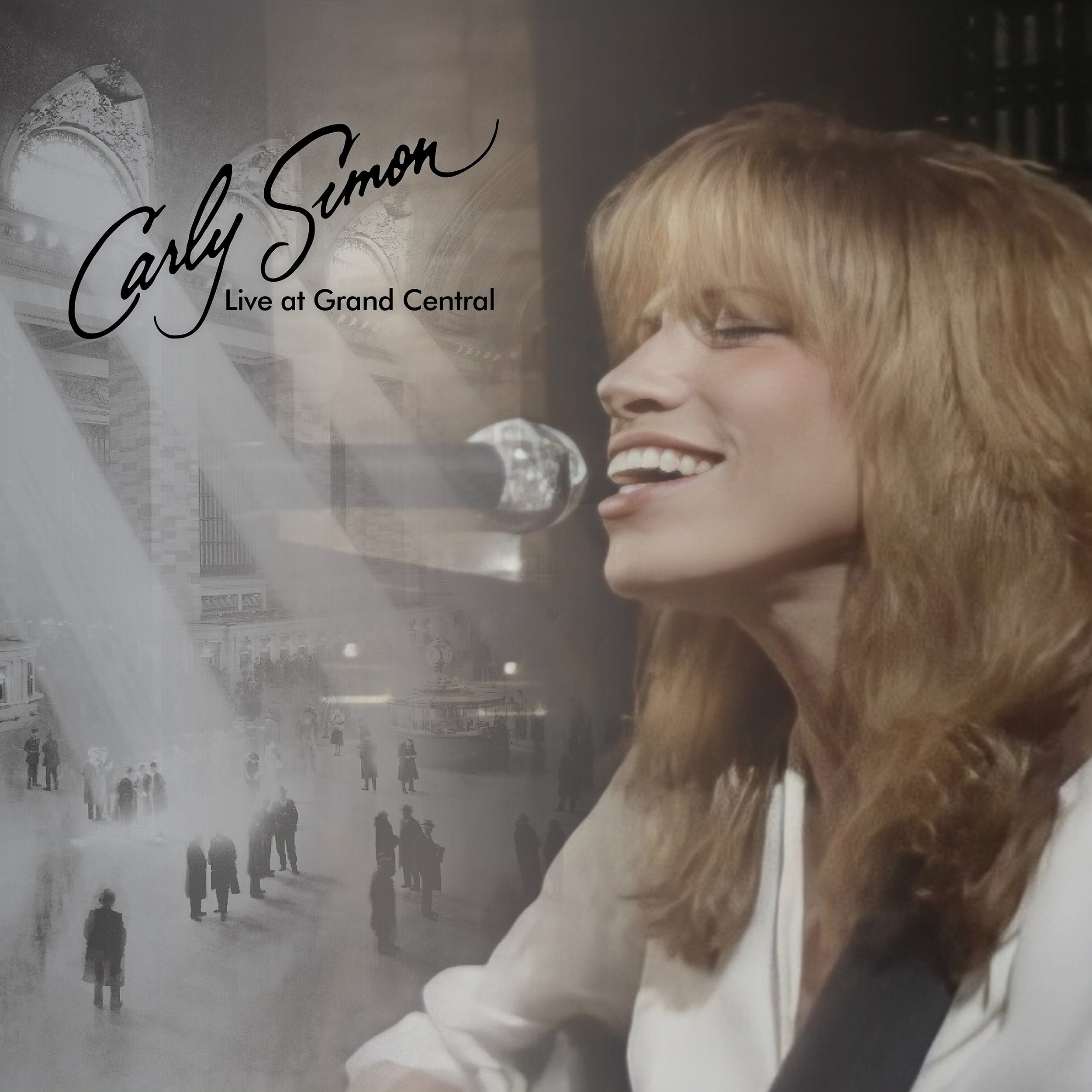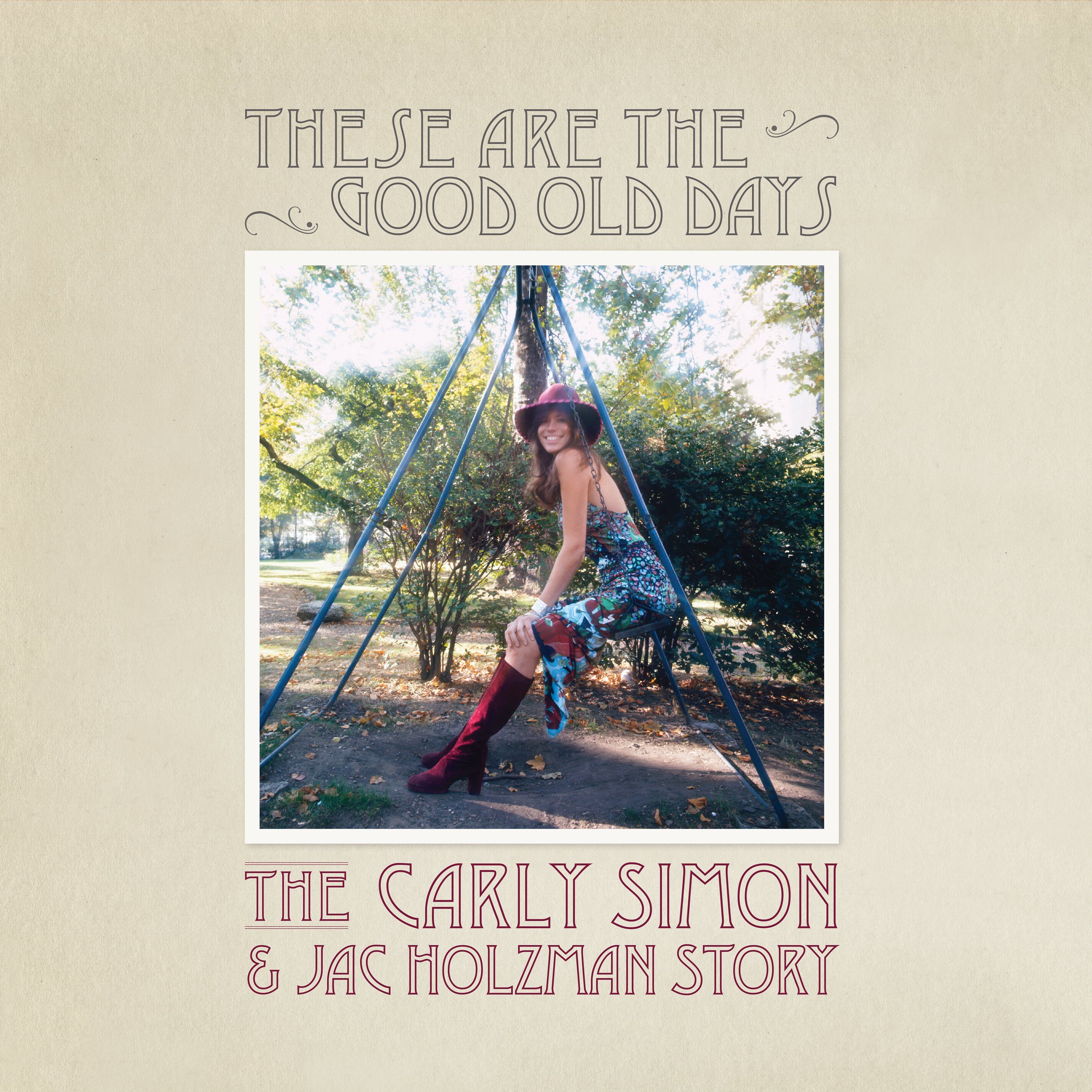Credits & Liners
Produced by Jimmy Webb and Carly Simon.
"Laura" Produced by Arif Mardin, Jimmy Webb and Carly Simon
Engineered & Mixed by: Frank Filipetti
Recorded at: National Edison, NYC - Snowbound Sound, Pawling, NY - The Warehouse, NYC - Clinton Studios, NYC - Right Track Studios, NYC - Capital Studios, Hollywood, CA
Mixed at: Snowbound Sound, Pawling, NY
Mastered at: Ted Jensen at Sterling Sound, NYC
Photography: Greg Gorman, Art Direction: Mark Burdett
Design: Rita Karidis & Marlo Viscel
Production Manager and Contractor: Jill Dell'Abate
Additional Production Coordination: Nancy Roof
Assistant to Carly Simon: Clarissa Wilder
Mix Assistant: Craig Boyce
Additional Engineering: Al Schmitt, Billy Eric, Brian Faehndrich, Roy Hendrickson, Michael O'Reilly
Assitant Engineers: Craig Boyce, Peter Doell, Joe Lizzi, Jim Murray, Yvonne Yedibalian
Research: Bill Zimmerman
Music Preparation: Donald Oliver, Evan Morris, Chelsea Music Service
Special Thanks: Clive Davis, Roy Lott, Ken Levy, Richard Palmese, Jim Swindel, Jay Krugman, Steve Bartels, Tom Ennis, Cathryn Swan, Jordan Katz, Phil Blume, Ari Martin, Mark Rizzo, Amy Finkle, Martin Scorsese, Robin Mathiesen, Howard Siegel, Vay Dyke Parks, John Travolta, Tamara Weiss, Graham Nash, David Crosby, Mike Nichols, Donald Fagan, Libby Titus, David Raskin, Michael Feinstein, Brian Doyle, Jacqueline Kotler, Island Entertainment (on the Vineyard), Bill, Ann and Dirk Ziff, Sue Mercay, Inga Byleckie, Pauline Nash and everyone at Snowbound Sound. I would also to thank the many contributors to my AOL board who advised me and informed me and took the journey with me.
This is dedicated to Jimmy Webb, whose music in its many forms has moved us all over the years, and whose input on this album exceeds all the credits which appear on these pages. Also to Frank Filipetti, who overworked once again, in order to get it just right, but also to demonstrate his love and loyalty which is returned one hundred-fold. Thank you, both of you, for taking a dip in the long deep shadows, where the night can almost swallow you up if you're not saved by two big guys on either side of you, holding your hands and grinning.
Film Noir (1997)
You Won't Forget Me : Lyrics
Ev'ry Time We Say Goodbye : Lyrics
Lili Marlene : Lyrics
Last Night When We Were Young : Lyrics
Spring Will Be A Little Late This Year : Lyrics
Film Noir : Lyrics
Laura : Lyrics
I'm A Fool To Want You : Lyrics
Fools Coda : Lyrics
Two Sleepy People : Lyrics
Don't Smoke In Bed : Lyrics
Somewhere In The Night : Lyrics
About This Album
For many, film noir now defines movies at their esscence. What is the power of this very special group of films that continues to excite new viewers every year?
First of all, film noir was a spontaneous burst of creativity generated by the disenchanted mood of post-war America, and that accounts for its freshness and vigor. In addition, many noirs were made by either European immigrants who left their home countries under difficult and in some cases dangerous circumstances, or native-born Americans with a unique and alienated vision of their home country. The uniformly high level of artistry in noir was possible because of the extraordinary concentration of individual talent and moral urgency behind the camera.
And film noir brought a new type of hero, or anti-hero, to the screen: a decent but weak-willed man plunged by fate into a dead-end intrigue that he either can't or doesn't want to understand. Such characters, who could only be played by post-war actors like Robert Mitchum, Burt Lancaster or Kirk Douglas, were often coaxed into their nightmares by femmes fatales played by actresses like Lauren Bacall and Rita Hayworth, both of whom had a profound effect on me as a child. Watching Bacall in her first films was entrancing - her sinuous movement was like rustling black silk. And Rita Hawworth in Gilda left a permanent impression on me - as I'm sure it did on every young male who saw it at the right moment.
Films noirs are also beautiful to look at. The chiaroscuro interiors of Crossfire or the sun-dappled landscapes of Out Of The Past are all cut from the same cloth: elegant yet comfortable, as though a malignant force could jump from the shadows at any moment. But most of all, there is something absolutely contemporary about film noir that speaks directly to modern audiences. I'm not sure what that says about modern society, but I know that it's true.
In this beautiful collection of songs so redolent of the mood of the genre, Carly Simon displays a true feel for the music but also for the texture of these films and their moment in history. Her immaculately arranged interpretations of standards like "Ev'ry Time We Say Goodbye," "Last Night When We Were Young" and "Somewhere In The Night" - and, in the case of the beautiful "Springs Will Be A Little Late This Year" by the great Frank Loesser (originally sung by Deanna Durbin in Robert Siomak's Christmas Holiday), a not-so-standard-are respectful of their historical origins but at the same time possess a completely contemporary aura. As she sings the title song from Otto Preminger's Laura you can feel the vital connection between now and the time when these glorious, tragic films were made, as well as her own real love for that time - obviously the motivation behind the affectionate tribute of the title song that she co-wrote with the great Jimmy Webb.
Film noir is a shining moment in film history, no matter how much genuine despair and tragedy crept into its images. In this lovely collection, Carly Simon pays tribute to everything that is lasting in these movies that continue to haunt our imaginations fifty years after they were made.
----Martin Scorsese







